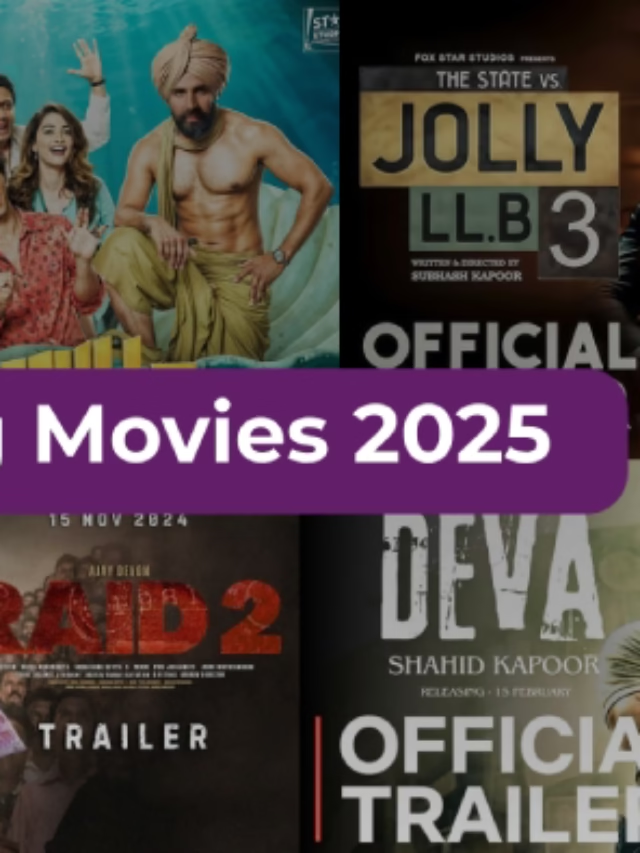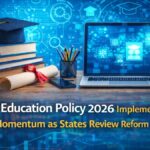Amazon emerged as the undisputed leader in H-1B visa approvals during the first half of 2025, securing 10,044 visas alongside 17 other major technology companies that collectively dominated the skilled worker immigration program.
Amazon Commands H-1B Landscape
The e-commerce and cloud computing giant’s visa count represents a significant increase from previous years, highlighting the company’s aggressive expansion in hiring foreign talent for specialized roles including software developers, cloud engineers, data scientists, and AI specialists. When combined with Amazon Web Services and Amazon Data Services subsidiaries, the total Amazon ecosystem secured over 12,000 H-1B approvals.
Top 18 Tech Companies by H-1B Approvals
According to US Citizenship and Immigration Services data, the leading technology companies for H-1B visa approvals in the first half of 2025 include:
Top Tier (5,000+ Approvals)
- Amazon: 10,044 visas
- Tata Consultancy Services (TCS): 5,505 visas
- Microsoft: 5,189 visas
- Meta Platforms: 5,123 visas
- Apple: 4,202 visas
- Google: 4,181 visas
Mid-Tier (2,000-3,000 Approvals)
- Cognizant Technology Solutions: 2,493 visas
- JPMorgan Chase: 2,440 visas
- Walmart: 2,390 visas
- Deloitte Consulting: 2,353 visas
- Amazon Web Services: 2,347 visas
- Oracle America: 2,092 visas
Growing Players (1,000-2,000 Approvals)
- Infosys: 2,004 visas
- Intel: 1,707 visas
- IBM: 1,600 visas
- Cisco: 1,576 visas
- Nvidia: 1,473 visas
- Wipro: 1,523 visas
Shifting Dynamics in H-1B Usage
The data reveals a dramatic shift from previous decades when Indian IT services companies dominated H-1B approvals. US technology giants now occupy the majority of top positions, with TCS being the only Indian company in the top 10 recipients.
This transformation reflects increasing scrutiny of the H-1B program and Indian firms’ strategic pivot toward hiring more American workers locally. TCS CEO K. Krithivasan reported that over half of the company’s US workforce now comprises locally hired employees.
Financial Impact and Strategic Implications
The combined visa approvals of Amazon, Microsoft, Meta, Apple, and Google exceed 23,000 workers, representing potential costs exceeding $2.3 billion under the newly announced $100,000 annual H-1B fee. This fee increase, implemented by the Trump administration, marks a 60-fold jump from previous costs of approximately $1,500 per visa.
Major technology companies have responded by advising H-1B employees to remain in the United States and avoid international travel until policy clarifications emerge. Amazon, Microsoft, Meta, and JPMorgan issued emergency guidance warning visa holders about potential reentry difficulties.
Industry Adaptation Strategies
Immigration experts predict the fee hike will accelerate several strategic shifts within the technology sector:
Increased Local Hiring: Companies are expected to intensify recruitment of American graduates and workers for roles previously filled by H-1B visa holders.
Nearshoring Expansion: Firms may establish operations in countries like Mexico and Canada to access international talent without visa restrictions.
Automation Acceleration: Higher labor costs could drive increased investment in automation technologies to reduce dependency on human workers.
Reserved for Critical Roles: The expensive H-1B program will likely be reserved for “extremely critical positions” where local talent is unavailable.
Economic Implications
The H-1B program’s transformation carries significant economic ramifications. Indian IT services companies, which have historically derived 55% of revenue from US operations, face potential profit margin reductions of 4-13% due to increased onsite wage pressures.
Conversely, major US technology corporations possess sufficient financial resources to absorb the higher fees. Microsoft’s potential annual H-1B costs of $200 million represent merely 0.6% of its $30 billion research and development budget.
Global Talent Competition Concerns
Technology industry leaders and immigration experts warn that restrictive H-1B policies could undermine America’s competitive advantage in global talent acquisition. The changes may encourage skilled professionals to seek opportunities in other countries with more favorable immigration policies.
University of Pennsylvania’s Wharton School expert Exiel Hernandez stated the restrictions “would be disastrous for America, affecting American companies, competitiveness, and innovation”.
The first half of 2025 data represents the final period before the new fee structure takes effect, making it a crucial benchmark for understanding pre-policy change hiring patterns among major technology employers.


























